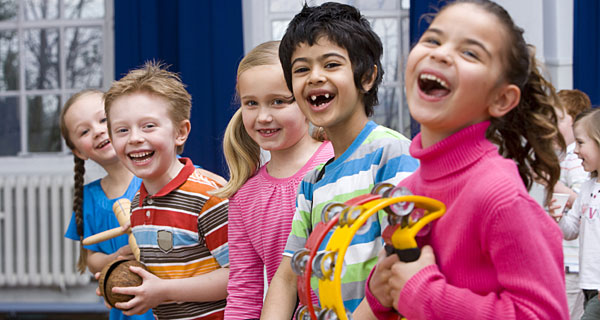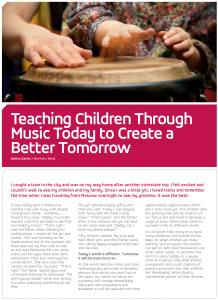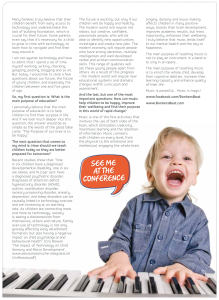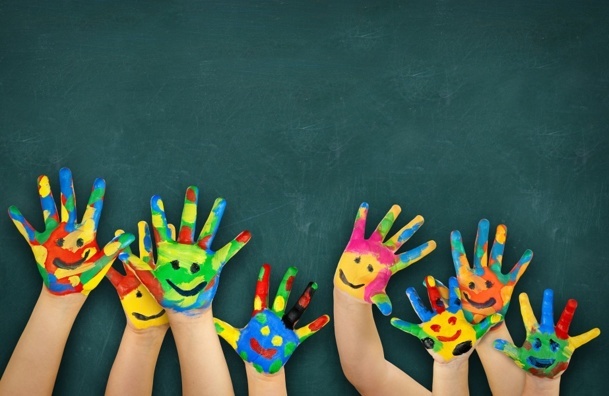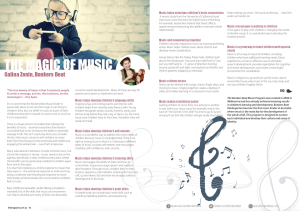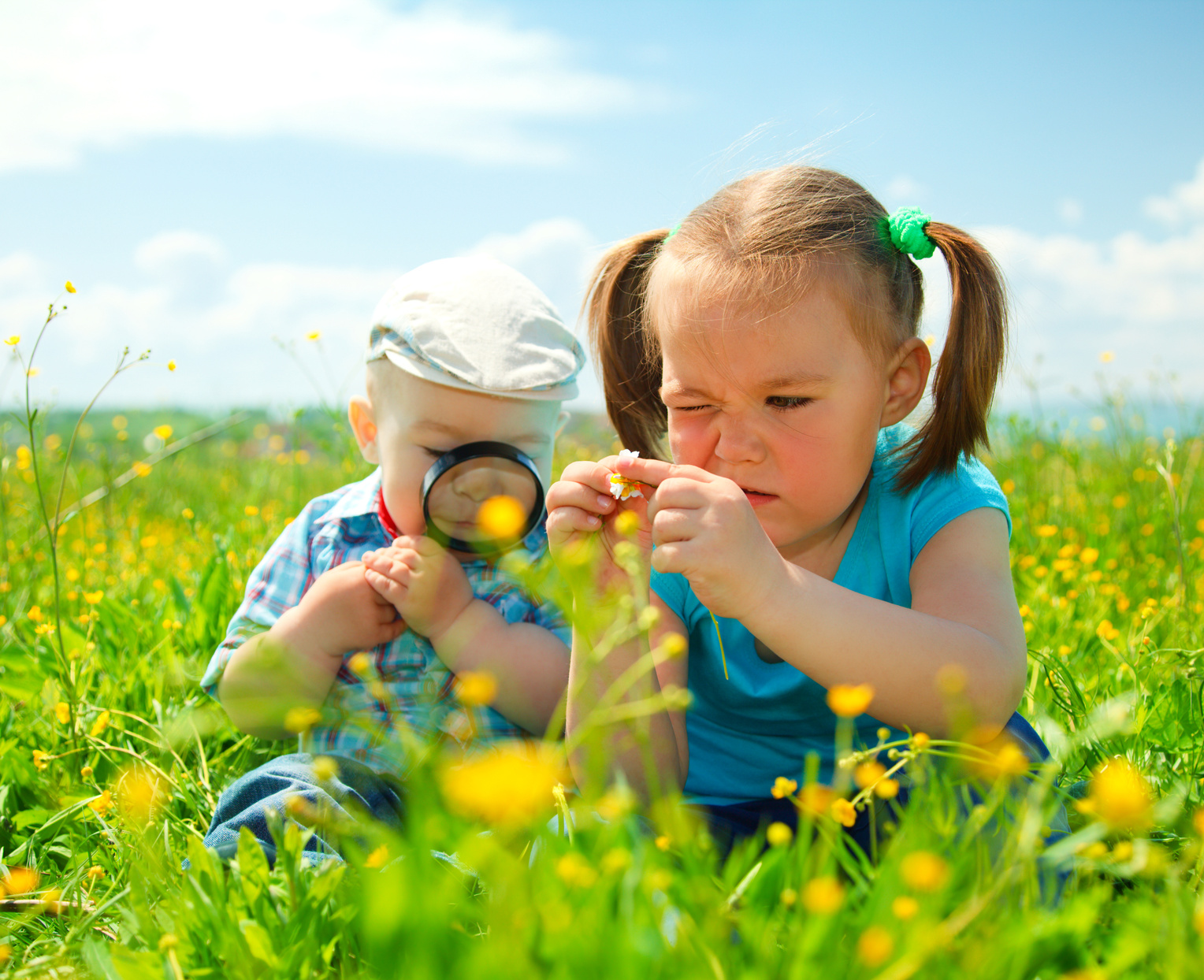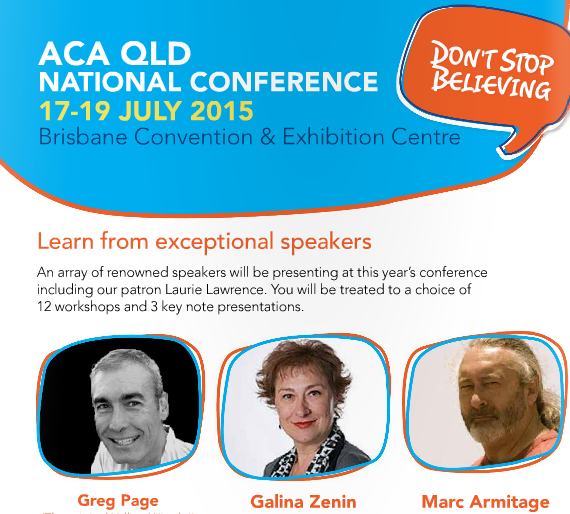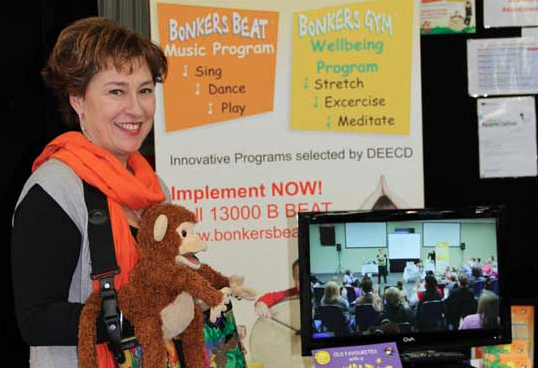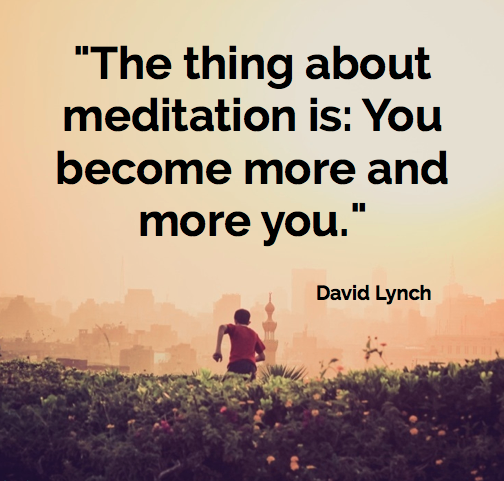Sometimes it can be a challenge to keep children busy during holidays. So, we have written a list of a few ideas to help you get the children away from the devices and engage them in creative and exciting activities.
Craft
Craft is always a winner! NAIDOC week this year will be celebrated from the 5th-12th of July with a theme – ‘We all Stand on Sacred Ground: Learn, Respect and Celebrate’. It is a great opportunity for all of us to learn more and highlight Aboriginal and Torres Strait Islander peoples’ strong spiritual and cultural connection to land and sea. We encourage all Australians, young and old, to embrace the 2015 National NAIDOC theme and celebrate it with children.
For craft activities you can use general recycled items like magazines, paper cereal boxes or natural materials.
We like these NAIDOC week craft activities and ideas:
http://www.goldencarers.com/calendar/naidoc-week-activities/65/
https://www.pinterest.com/greenwoodearly/naidoc-week-for-kids/
http://www.teaching.com.au/activities?category=naidoc-week
Winter is also another great topic to incorporate into your classrooms and centres. There are a lot of sites out there with winter activities suggestions so here are a few of our favorites:
http://handsonaswegrow.com/32-snow-theme-activities-kids/
https://www.pinterest.com/debchitwood/kids-winter-activities/
Baking
Baking is always exciting for children of all ages. Make some simple scones, biscuits or cupcakes and any child will be happy. Make sure they get to ice and decorate, roll, beat and shape the dough thus, increasing their vocabulary and their independence.
Write a letter and post it
Everyone loves receiving mail in the post. So design, color in and write a card to a loved one, a cousin, an aunty or a friend. Walk to the post office, buy a stamp and send it. You could also send yourself a fun letter and see how long it takes to arrive. This could be a great excursion for your children at your centre. Ask your post office for a behind-the-scenes tour of the post office for extra interaction and excitement.
Make mud pies and collect leaves
Getting into nature and exploring the messiness of it all is what childhoods are made of. Make mud pies, use sticks and leaves as candles and host your own backyard party. Collect leaves, sticks or flowers to use for a craft project. Use two large books as a flower press and use the flowers for cards or mementos. There is a lot of craft and fun in your yard if you look carefully.
Puzzles and games
Drag out some old family favorites or, make up your own game. Design and colour in some cardboard cards to play matching cards or go-fish. Something easy to begin with then you can build it up to play a more intricate game.
Catch a train to somewhere or nowhere
This is a fun way to see some our your city or your local area. Set aside a morning or afternoon to hop on a train and get your children to be the navigator for the day. Hop off the train perhaps one or two stops from your usual suburb and explore the shops or parks of that area. Depending on where you are living the city is always an exciting place for a little ones. Visit a museum, a new café, a cobble stone street or a skate park. The options are endless and the fun part is exploring your hometown together. This is a great excursion for a small group of older children; you could incorporate the theme of money and math’s. Buying a train ticket, a drink from a café, counting the train stops or counting the shops on a strip
There are many great ideas, and not all of them need to be expensive or difficult. Children will remember these moments of pure fun
For more school holiday ideas visit these great websites
http://www.kidspot.com.au/SchoolHolidayZone/?gclid=Cj0KEQjw-tSrBRCk8bzDiO__gbwBEiQAk-D31d8rTJN4oTXKM36WrDQj3wFgTcV0Sf-2-_xOUS5XvD8aAj-g8P8HA
http://beafunmum.com/2011/06/100-school-holiday-activity-ideas/
http://theimaginationtree.com

